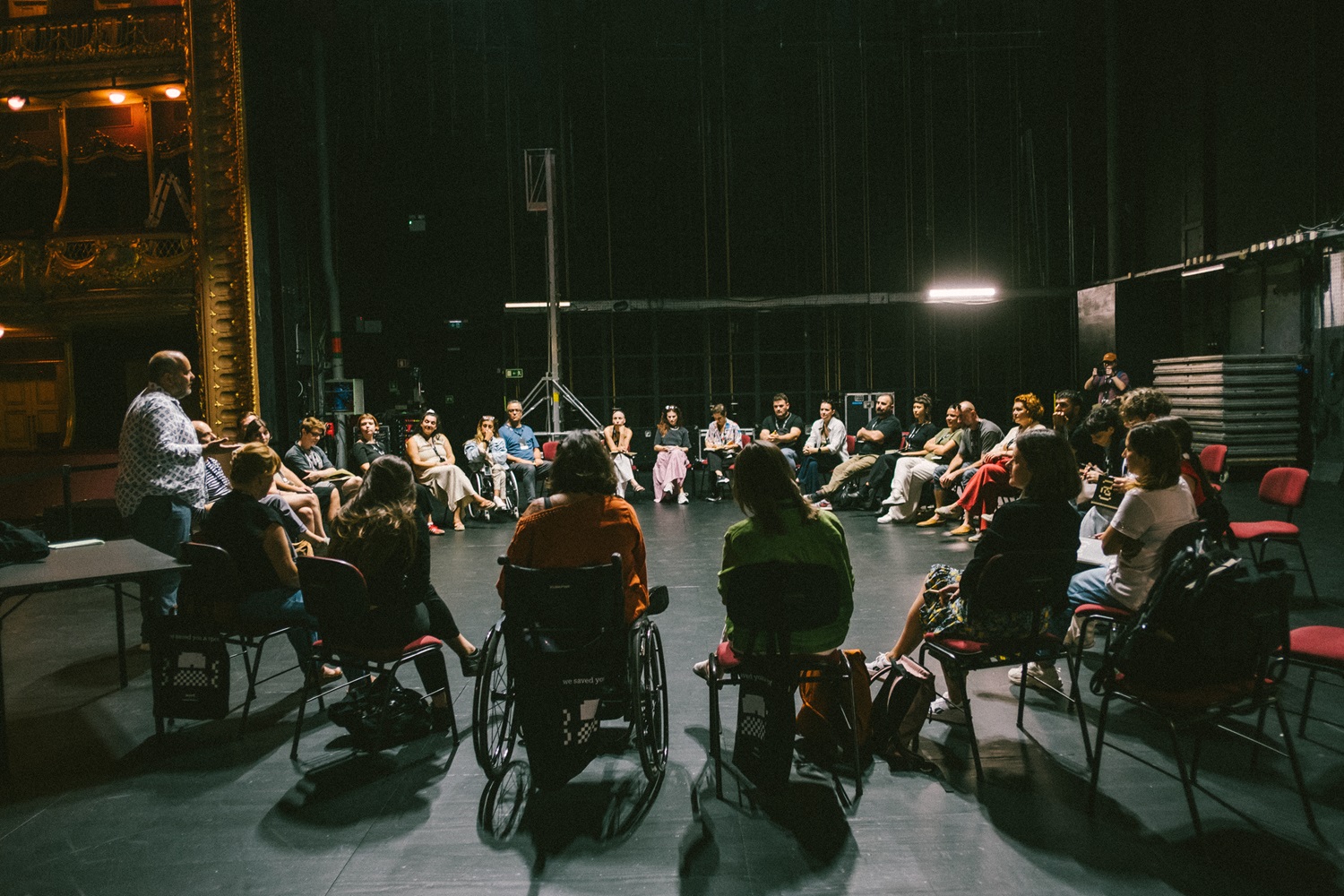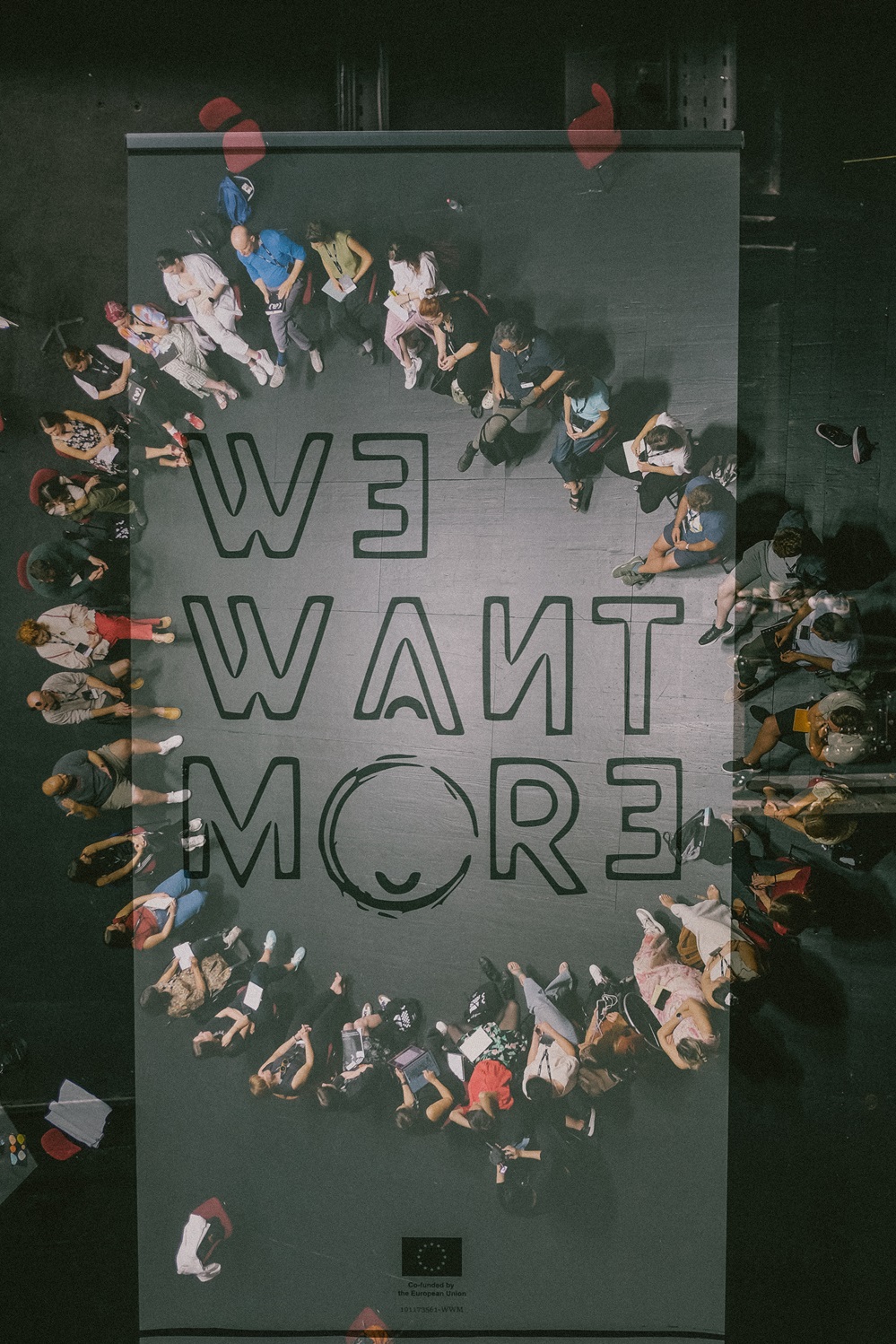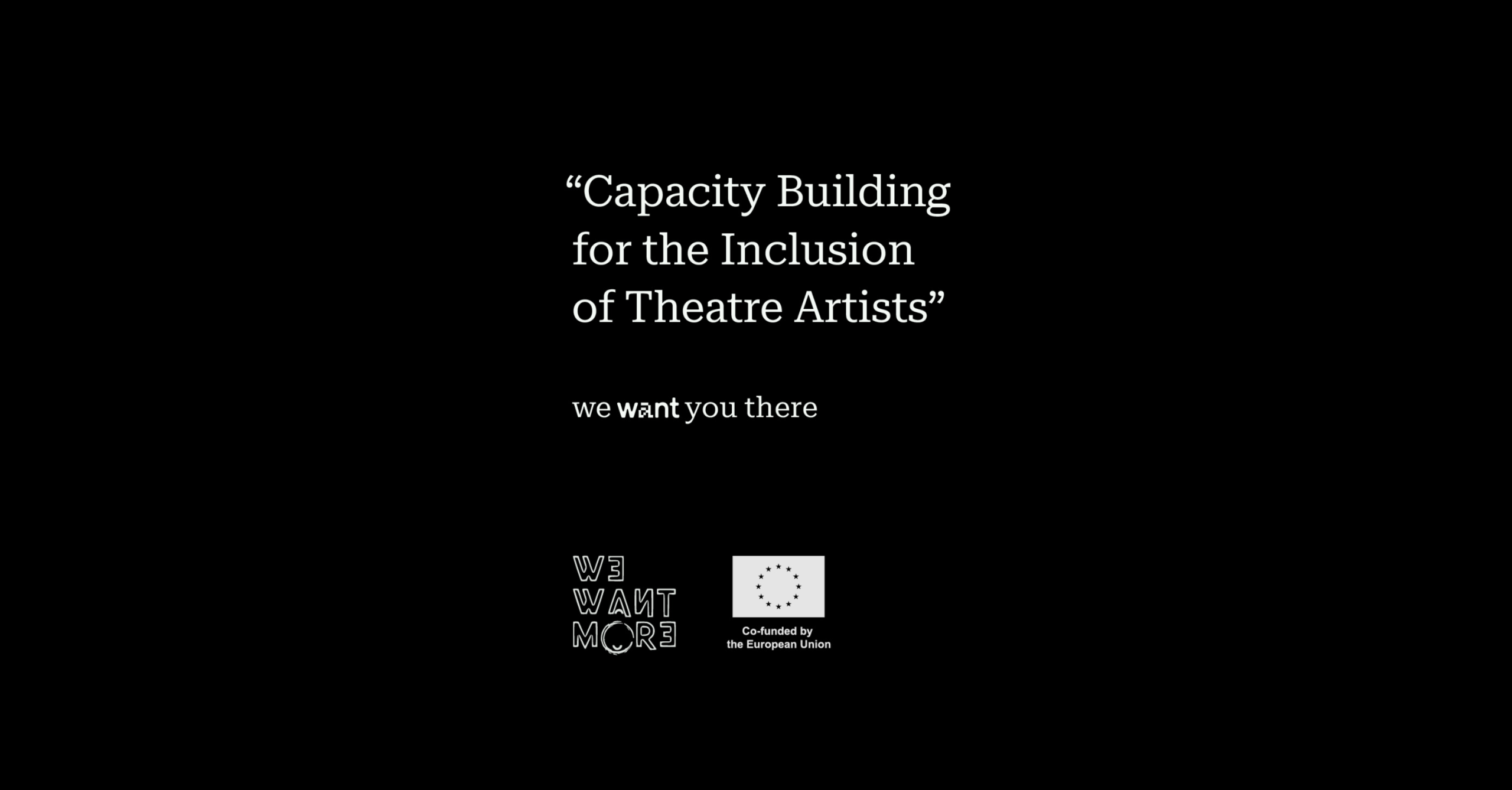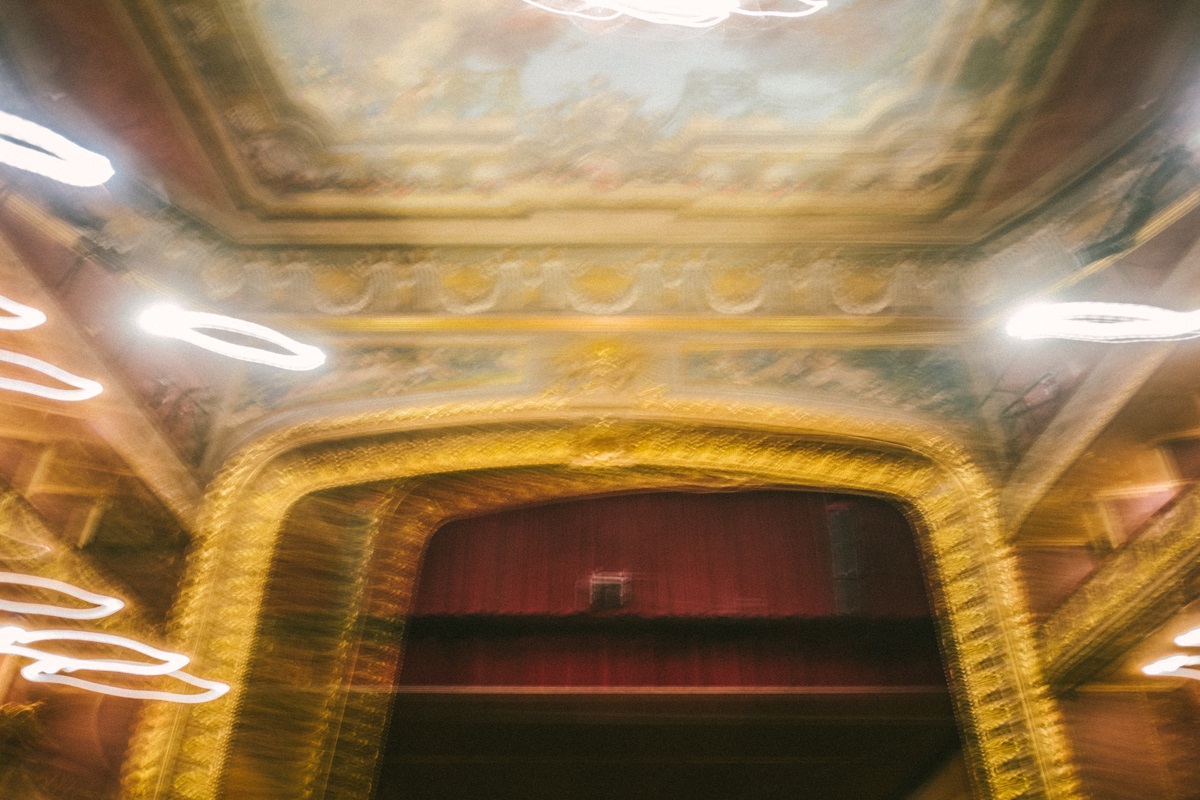Página inicial We All Need Theatre - Homepage

International Capacity Building on Accessibility Management for Theatre Operators
How do we create inclusive theatres, open and welcoming to all, promoting diversity, inclusion, and innovation in the performing arts? In recent years, paradigmatic shifts have actively contributed to revise, re-think, re-shape practices. Inspired by universal design, new inclusive theatrical practices tackle three key issues: participation, representation, and fruition. Shifting from providing access for to […]
News

“Capacity building on accessibility management for theatre operators”
We Want More! is inviting theatre operators and managers, with or without disabilities, from all over the European Union, Western Balkans (Albania, Bosnia and Herzegovina, Kosovo, Montenegro, North Macedonia, and Serbia), Turkey, and Ukraine, to join the International Capacity building on accessibility management for theatre operators – Improving accessibility and inclusion skills of theatre managers and […]
Read more →

We Want More! – meeting and workshop in Lisbon
Earlier this week, Teatro São Luiz hosted one more meeting from We Want More!, a project funded by the European Union that promotes accessibility and the inclusion of theatre artists, both with and without disabilities. At the same time, the project brought together artists from the European Union, the Western Balkans (Albania, Bosnia and Herzegovina, […]
Read more →

Capacity Building for the Inclusion of Theatre Artists
The program for the international workshop to take place from 12 to 16 September 2025, in Lisbon, Portugal, at Teatro São Luiz.
Read more →

We want your story to shape the future
We Want More! is inviting international organizations, professionals, theatre companies and more to share their practices which aim at creating more accessible and inclusive theatre spaces. Our purpose is to put the spotlight on inclusive best practices in the field of performing arts, with a focus on creating inclusive environments in theatre and performing spaces […]
Read more →
want Manifesto
Nothing for us, without us
The project on inclusion and accessibility should follow the principle of “Nothing for Us, Without Us”, meaning that decisions about accessibility should actively involve the people they impact. Instead of designing policies, spaces, or performances for disabled individuals without their input, this approach ensures that they are part of the process from the beginning. Their lived experiences and insights are essential to creating truly inclusive environments, whether in theatre, education, or public spaces. True accessibility is not just about compliance but about collaboration, respect, and empowerment.
1. Theatre has no barriers – all audiences have the legal right to access the venue and the content of a performance. To secure this right public funding is essential for theatre productions.
2. Every professional, performer and technical staff, participating in a performance has the right to access the venue, front and backstage.
3. Integration practices and access services should be planned and implemented from the start of a production and through all its stages.
4. Wheelchair accessibility with provision of companion seating, entrances, exits, aisles, restrooms should be accessible. Stage and Backstage restrooms, changing rooms should be accessible for wheelchair users.
5. Sign Language interpreting should be available and an integral aesthetic element of the performance. And addicional or complementary measures and resources for deaf people or those with autism spectrum disorder
6. Surtitling services provided through open or closed captioning devices.
7. Audio Description for visually impaired audiences. The tactile tour always precedes the Audio Description.
8. Service animals allowed with appropriate seating space.
9. Sensory-friendly performances for neuro-divergent audiences, with light and sound adjustments, and relaxed movement rules.
10. Accessible Ticketing, Reservations, clear signage and staff assistance. Theatres should have special emergency procedures for disabled patrons and staff should be trained. Also ticket sales websites should be accessible according to regulations
Contact us
Interested in working together? Fill out some info and we will be in touch shortly. We can’t wait to hear from you!